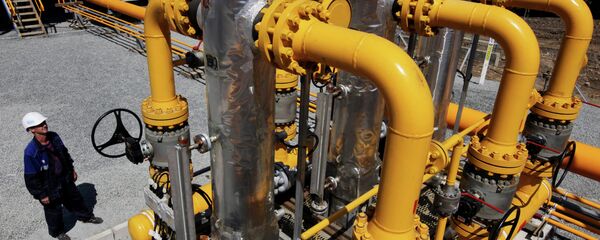Karakus maintained that Ankara should capitalize on recent developments, bringing cooperation with Moscow to its maximum level as soon as possible.
"The Turkish government understood that the West was behind the unsuccessful military coup that took place on July 15. President Erdogan openly mentioned this," the analyst said. "This is testament to how important Turkey's cooperation with Russia is."
Karakus also mentioned that some countries are not happy about Ankara's rapprochement with Moscow, which took place after President Erdogan apologized for the November 24 incident that had seen a Turkish military jet shoot down a Russian warplane which was on a mission to bomb Daesh positions in Syria.
This is what makes Erdogan's visit to Russia so important. The meeting, Karakus noted, should be viewed as a "barrier" that will prevent Washington and its allies from carrying out their Greater Middle East initiative. "Russian-Turkish cooperation and joint activities will also help to resolve problems in Syria," he added.
US journalist Mike Whitney shared these sentiments, saying that Turkey's new foreign policy that has aligned the country with Russia, Iran and Syria will undermine Washington's efforts aimed at "[controlling] the flow of energy from Qatar to Europe" and "[redrawing] the map of the Middle East," as well as the country's pivot to Asia.
"That strategy will either be decimated or suffer a severe setback," he wrote for CounterPunch.
This could be the reason why Washington has tried to weather the storm by sending high-ranking US officials to Turkey. General Joseph Dunford, the chairman of the Joint Chiefs of Staff, has already visited Ankara while Secretary of State John Kerry and Vice President Joe Biden are expected to go to Turkey this month.
"No effort will be spared to bring Erdogan back into the fold," Whitney observed, adding that this charm offensive will likely fail.



